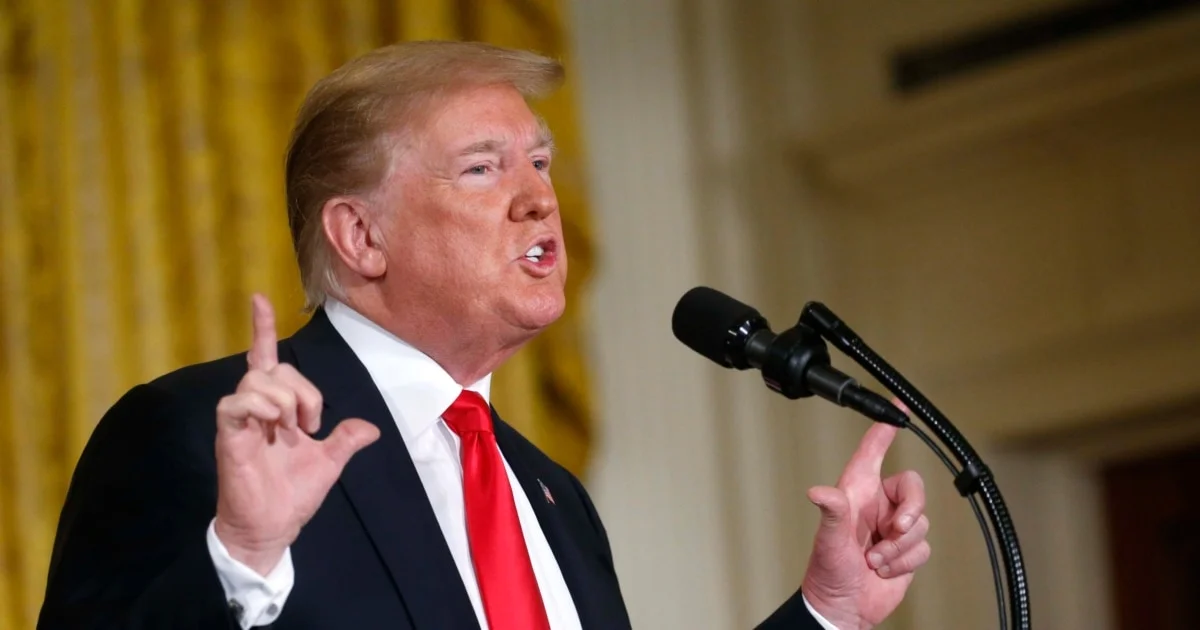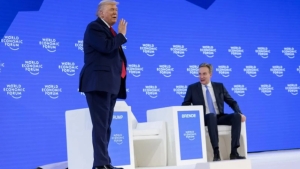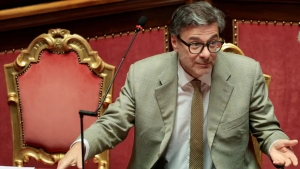The Peace Plan was criticized in Europe and Ukraine

The global media has actively discussed the 28-point “peace plan” reportedly prepared by representatives of the United States and Russia in recent days. This was reported by Zamin.uz.
This document has been sharply criticized by Europe and Ukraine because it does not align with Ukraine’s interests compared to the 2022 Istanbul agreement draft, but rather includes new privileges for Russia. More questions arose not about the content of the plan but about its authorship.
Some senators emphasized that U.S. Secretary of State Marco Rubio evaluated this document not as one serving Washington but as one serving Russian interests. However, the State Department and Marco Rubio denied these claims and stated that the plan was developed by the United States.
CNN described this situation as an issue that could become uncomfortable and complicated. The British newspaper The Guardian noted that some phrases in the plan’s text seem to be literal translations from Russian into English.
For example, sentences like “It is expected” were assessed as awkward translations of the Russian verb “ojidayetsya.” Additionally, the document’s reference to Ukrainian territories as “new territories” further fueled doubts.
During negotiations held in Geneva, this plan was discussed, and the initial 28-point document was reduced to 19 points. In the new edition, controversial points such as reducing the number of Ukrainian Armed Forces and allocating funds from Russia’s frozen assets were removed.
Alexander Bevz, an advisor to the Ukrainian president’s office, emphasized that final decisions on important issues should be made by Presidents Trump and Zelensky. However, the Kremlin rejected the updated 19-point plan, considering the initial 28-point draft as the only acceptable option.







